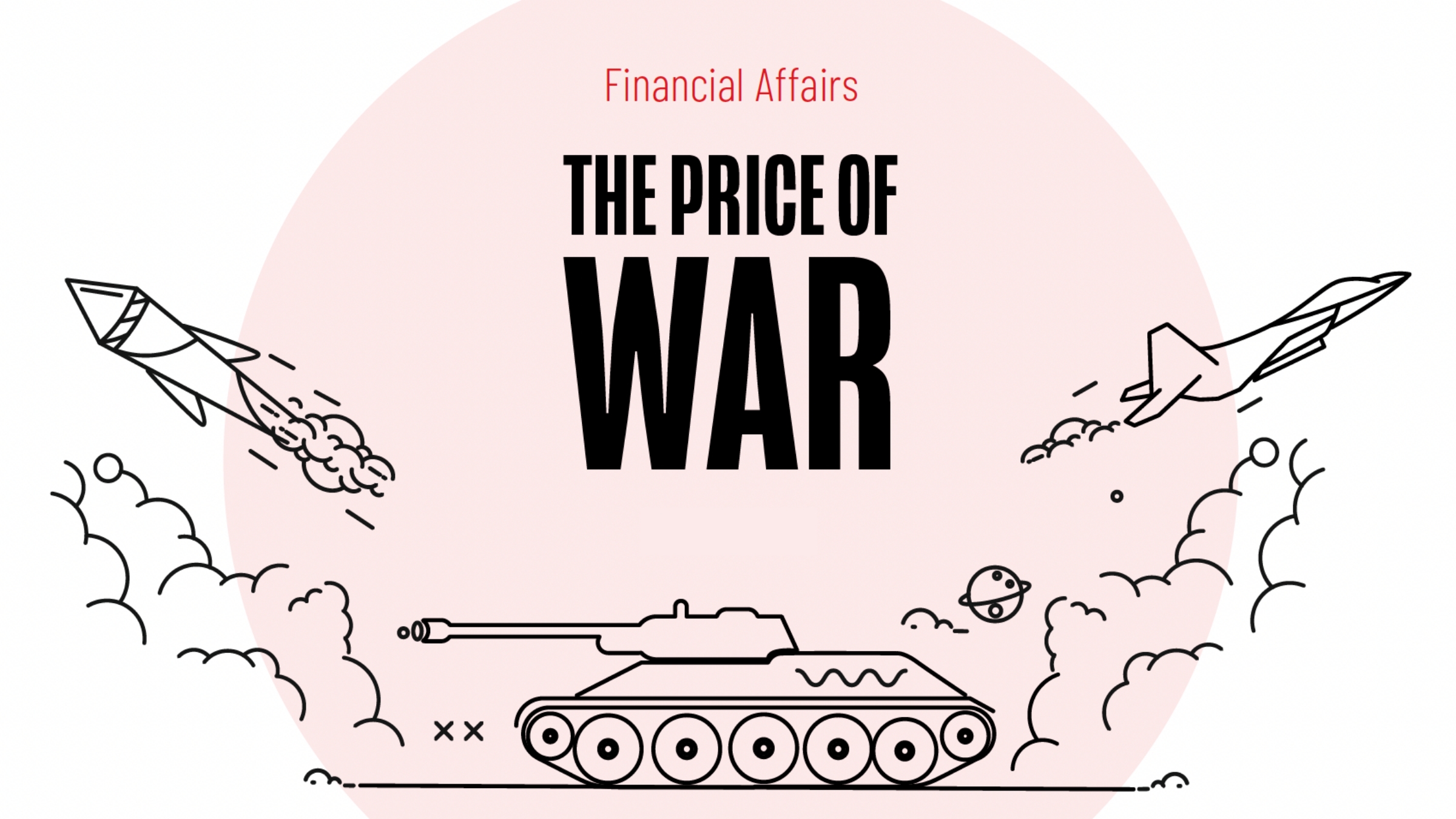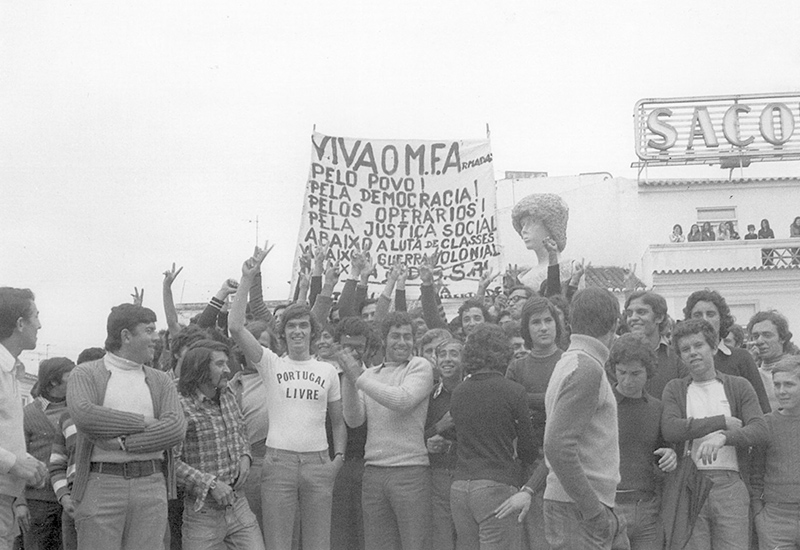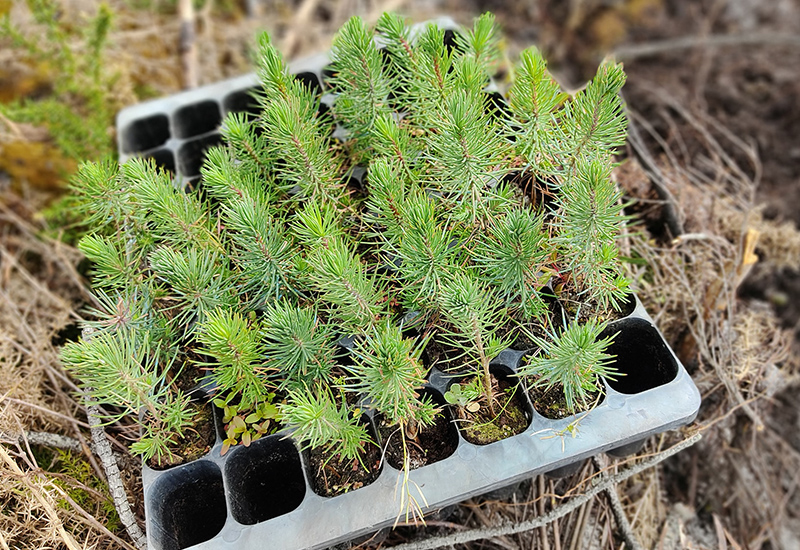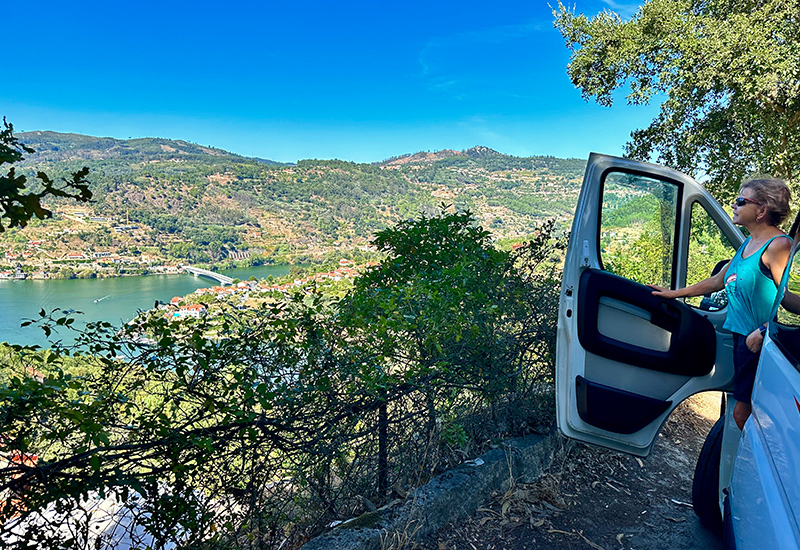WORDS Brian Tora
Nobody who has watched the harrowing scenes on television as the Russian army moves ever deeper into Ukraine can feel unmoved by the plight of the civilians so cruelly affected by the conflict. Their suffering is plain to see, yet there will be a price we will all be paying as a consequence of this war. Already we have seen oil and gas prices move rapidly higher as fears grow of disruption to supplies. Aside from fuel at petrol stations costing more, airlines are likely to pass on this rise – an important consideration for those of us in the Algarve who are dependent on tourism.
As it happens, Portugal is not as exposed to the import of Russian oil and gas as other European countries like Germany and Italy. Nigeria and the US are bigger suppliers of gas to Portugal, and there are plans to develop more natural gas resources here, with Sines being an important location for potential offshore supplies. Little, if any, oil is imported directly from Russia, though much of what we consume comes from Spain, where its origin is less certain. But we can’t escape the consequences of higher fuel and energy costs in what is a truly global market.
Other commodities are also seeing their prices rise. Ukraine has often been described as the world’s breadbasket. Certainly, wheat contributes mightily to the Ukrainian economy. The growing of cereal crops will be severely curtailed in the wake of the incursion of Russian troops. Moreover, Russia is also a big producer of wheat and other similar crops. It is worth reflecting that nearly one-third of the world’s production of wheat comes from Russia and Ukraine. It is a worry that Portugal imports more than 90% of this staple foodstuff for domestic consumption.
There is another threat to the cost of food which could have even more severe ramifications. Russia is a big supplier of phosphates, which are crucial to fertiliser production. Prices here are on the up as users fear a restriction in supply. Farmers worldwide are already complaining about the rapid rise in fertiliser costs, which they fear will have to be passed onto consumers. Those in Portugal are unlikely to escape this additional burden.
Russia is, of course, already beginning to suffer hugely from the increasing economic isolation being engendered by the tightening of sanctions. The list of multinational businesses withdrawing from the Russian Federation grows daily. Demand for many of the nation’s natural resources is likely to dwindle as alternative supplies are sourced. But some may be more difficult to replace. Nickel, of which Russia is an important supplier, doubled in price in a single day as traders realised a shortage could develop. Manufacturers, including those here in Portugal, could well be affected.
None of this makes comfortable reading for those concerned with ensuring the post-pandemic economic recovery remains on track. Inflation will receive a further boost and economic growth will have the edge taken off its recent momentum. This is aside from the effects that a global stock market sell-off may have on our financial well-being. While we may believe that what happens in the world’s financial markets is of little consequence, our pensions and insurance policies are invested in financial assets, so the knock-on effect of a prolonged bear market cannot be ignored.
If this sounds too gloomy, then at least take comfort from the fact that trends do not last forever. While periods of high inflation have taken place in the past, they have reversed in time and governments and central banks have become more adept at avoiding the runaway effects of a rapidly rising cost of living that so damaged Germany after the First World War. Markets rise as well as fall, so even a period of great uncertainty will come to an end.
We have to hope this terrible war finishes soon – mainly for the sake of the embattled people of Ukraine, but for our own well-being too.
Brian Tora is a financial journalist and broadcaster














